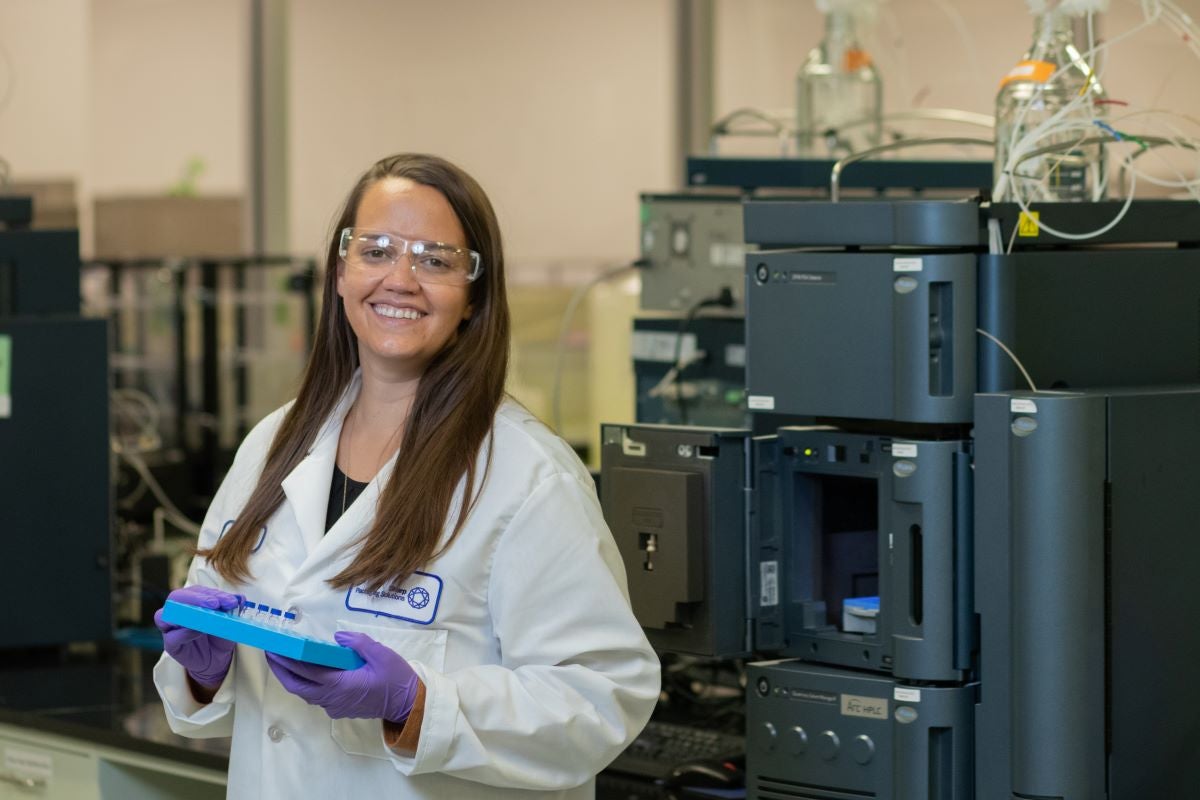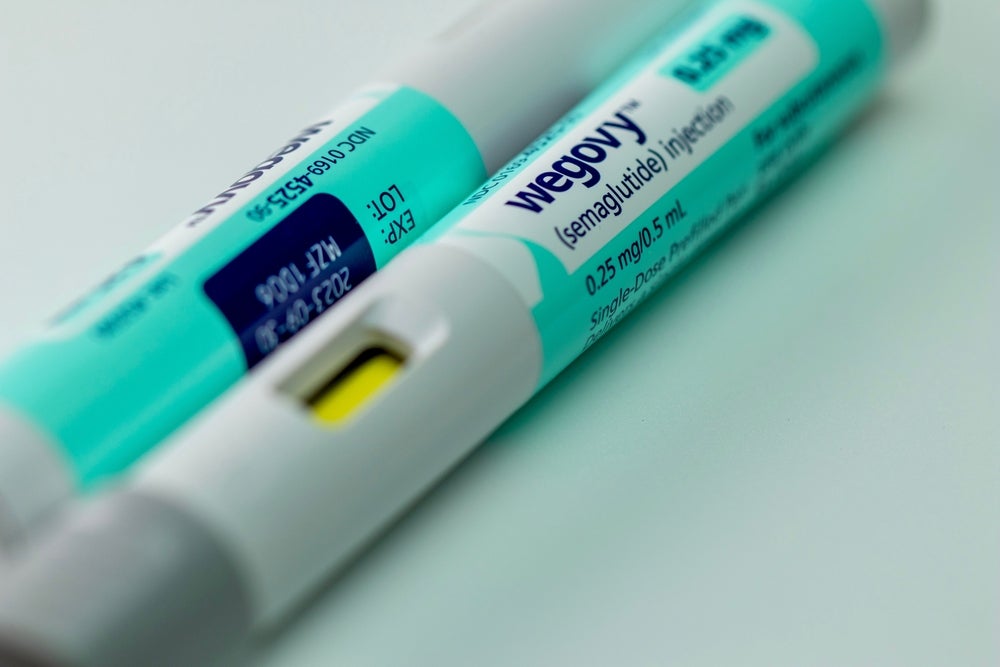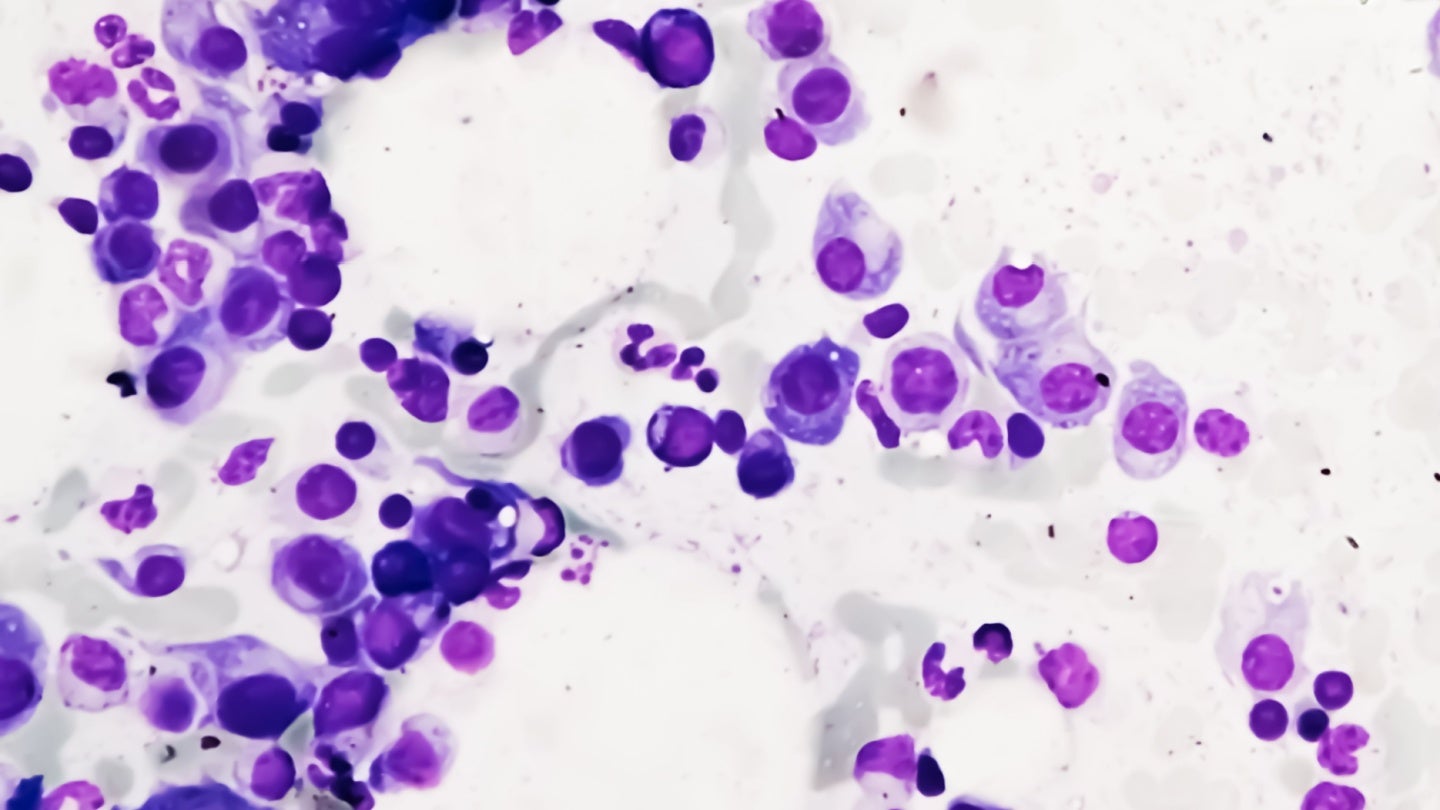Analytical testing: Ten questions that accelerate drug development
The pharmaceutical industry is already highly competitive. It's a business driven by the compassionate desire to discover and develop therapies to improve patient lives, and financially from the desire to benefit from market exclusivity. With the recent explosion in the use of artificial intelligence-supported drug discovery, the industry will soon be inundated with new drug substances, and each unique compound will need to be given the analytical due diligence to suitably verify its safety, purity, and efficacy. With all these new drugs anticipated to advance through clinical development, will the legacy modus operandi still be sufficient? And if not, what needs to change? Robert Feltz, Director of Analytical and Formulation Services, Sharp Clinical We asked Robert Feltz, the Director of Analytical and Formulation Services at Sharp Clinical, a multi-faceted contract development and manufacturing organization (CDMO) that offers under-one-roof drug product formulation and development, manufacturing, packaging, analytical testing, IRT, and supply chain management services across all phases of clinical development to share his thoughts. In regulated pharmaceutical analysis, there is a constant need to maintain speed without sacrificing accuracy. "When we're working on a new molecule or formulation, we let the data guide us," Feltz explained. "And using advanced analytical techniques is the fastest way of generating that data." Technological advancements continually improve analytical instruments, making them more sensitive, selective, and efficient. R&D teams need to keep themselves updated with these innovations to stay competitive. But with all the recent technological changes, one thing remains consistent: "Find and hire the best people, give them modern and adaptive technology, and build an infrastructure that allows for rapid data review and reporting," says Feltz. "That strategy is timeless." The crucial importance of efficient and accurate analytical testing services To respond to the increasing demands of timely and accurate results for all the new AI-driven drugs, CDMOs must streamline their manufacturing, packaging, testing, storage, and distribution strategies. "Regulatory agencies like the FDA require extensive analytical data during drug review and approval," Feltz explains. "Accurate, reliable, and rapid analytical testing is essential for submitting comprehensive submissions and gaining regulatory approval to market the drug. Any deficiencies in analytical data can lead to drug application delays or rejections." When speed and accuracy matter, ask these ten critical questions: "When building the right testing program for each Investigational Medicinal Product (IMP), you start by asking the right questions," says Feltz: "It begins with the end goal in mind." By asking these questions, you'll facilitate the collaborative process needed to turn project goals into a realistic timeline: What is the purpose of the IMP? Understanding the specific objectives of the investigational product is crucial. Is it intended for upcoming clinical trials, alternate formulation development, non-clinical research, or something else entirely? Knowing the scope will influence the focus of the testing program. Defining the scope of the study as soon as possible will allow the R&D team to tailor their testing approach to maximize the efficiency of their development efforts, ultimately minimizing the time it takes to generate data. What are the critical quality attributes (CQAs) of the IMP? Identify the characteristics that define the product's quality, safety, and efficacy. CQAs could include purity, potency, stability, bioavailability, and other relevant parameters. Each CQA could require a test to be developed and validated before batch release. It's also essential to establish what are not CQAs. Feltz says: "The most important thing at this stage is to become an expert in your product. Each excipient in the formulation should play a role, or it shouldn't be there. If it's a functional excipient, you should have a qualified test to quantitate it and generate the data needed to establish specifications for it." "On the other hand," Feltz continues, "don't test mindlessly. Each piece of data takes time to generate and should add value to the overall submission goal. Work to understand the chemistry of your product. What makes it degrade? How much preservative is needed before the microbial properties are impacted? Are there any polymorphic concerns? Determine the product's vulnerabilities, establish specifications that assure its continued effectiveness, and develop tests to assess when a product is trending toward its specification limit." What is the desired manufacturing process? Your formulation development work should provide a thorough understanding of the finished product's release properties. Feltz explains: "Once you understand those properties, work back

What's Your Reaction?

































